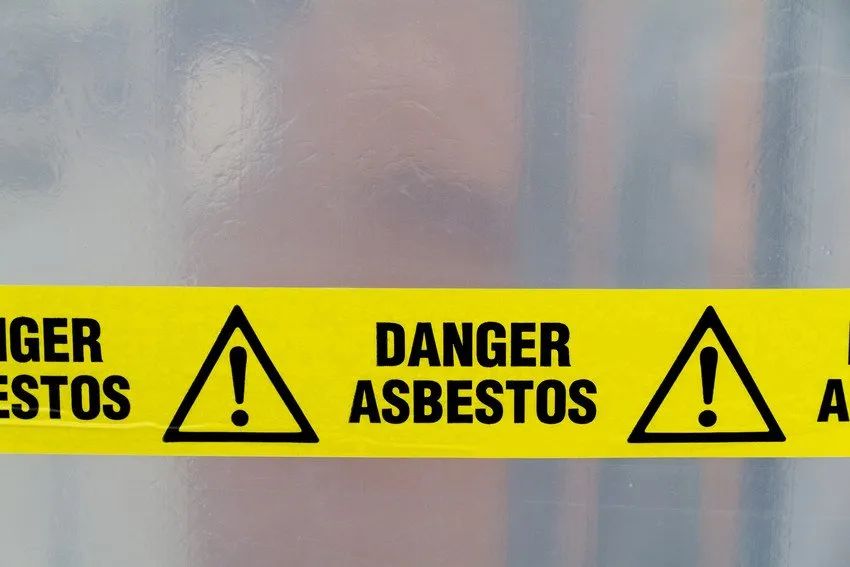Asbestos & Employer Responsibility: What You Need to Know
Prior to its ban in 1999, asbestos was a common component of construction materials and widely used in buildings throughout the UK. Because of its strength and insulative properties, it was frequently found in everything from cement to piping and paint. For this reason, it’s still normal to find asbestos lurking in many different types of property - from homes to warehouses and office buildings.
As an employer, you have a responsibility to manage asbestos in the workplace. This includes identifying where asbestos-containing materials (ACMs) are located in your business premises and monitoring them for damage. While asbestos isn’t necessarily harmful in itself, if disturbed it can prove majorly hazardous to human health, so mitigating risk should be high on your priority list.
The Dangers of Asbestos
Inhaling asbestos fibres puts you at risk of developing diseases later in life, including:
- Asbestosis
- Lung cancer
- Mesothelioma
- Other types of cancer, such as colon cancer
Studies have shown that asbestos-related diseases can take an
average of 30-40 years to arise after exposure, but in some serious cases, the latency period can be
as short as 10 years.
While this is a scary figure, the good news is that asbestos exposure is very preventable. In order for this to happen, it’s essential that employers take stringent measures to ensure that everyone on the premises is kept safe.
The Legal Framework
The Health and Safety Executive’s (HSE) Control of Asbestos Regulations 2012 outlines the requirements for working with asbestos, which include the following:
- Existing ACMs that are in good condition and aren’t in danger of being damaged can stay where they are, so long as they are regularly monitored.
- The person responsible for the maintenance of a commercial building has a duty to manage any asbestos on the premises.
- Before any work is carried out on the property, the asbestos risk must be assessed and planned around.
The Responsibility of Employers
In light of this legal framework, the HSE also details the duty holder’s requirements for managing asbestos in line with the law. Steps include:
- Conducting a thorough asbestos survey to determine risk.
- For materials that may or may not contain asbestos, assume they do and react accordingly.
- Create and maintain a record of ACMs and relevant details.
- Prepare an asbestos management plan and routinely review it to keep it up to date.
- Notify those on site, including employees and contractors, that asbestos is present and your plan for managing it.
- Provide asbestos education and training to employees.
- Implement appropriate control measures to keep everyone safe while asbestos treatment occurs.
Alongside this, all people on the premises are required to cooperate and comply with the duty holder on asbestos matters so that it can be managed effectively.
Safe & Reliable Asbestos Treatment in Edinburgh
If you’d like to book an asbestos survey in Edinburgh to ensure you’re fulfilling employer responsibilities, Gowrie Contracts Ltd can help. As highly experienced asbestos contractors, we can provide a range of asbestos treatment services to keep you and your employees safe, from asbestos testing to removals.
Get in touch with us for more information.
BUSINESS HOURS
- Mon - Thu
- -
- Friday
- -
- Sat - Sun
- Closed
Registered Company Name: Registered Company Name: Gowrie Contracts Ltd
Registered Address: Registered Address: 9 Faraday Street Dryburgh Industrial Estate Dundee DD2 3QQ
Registered Company Number: Registered Company Number: SC311140




